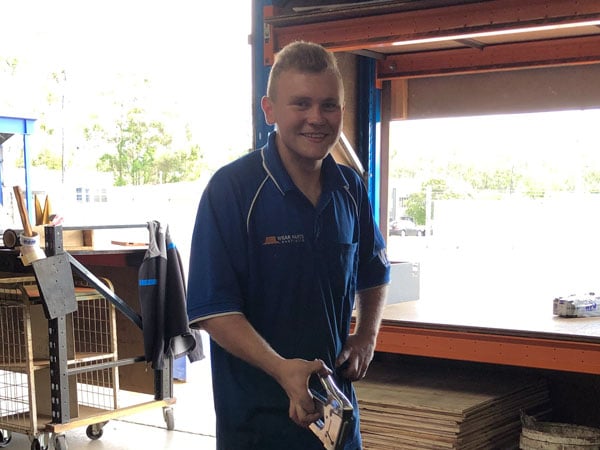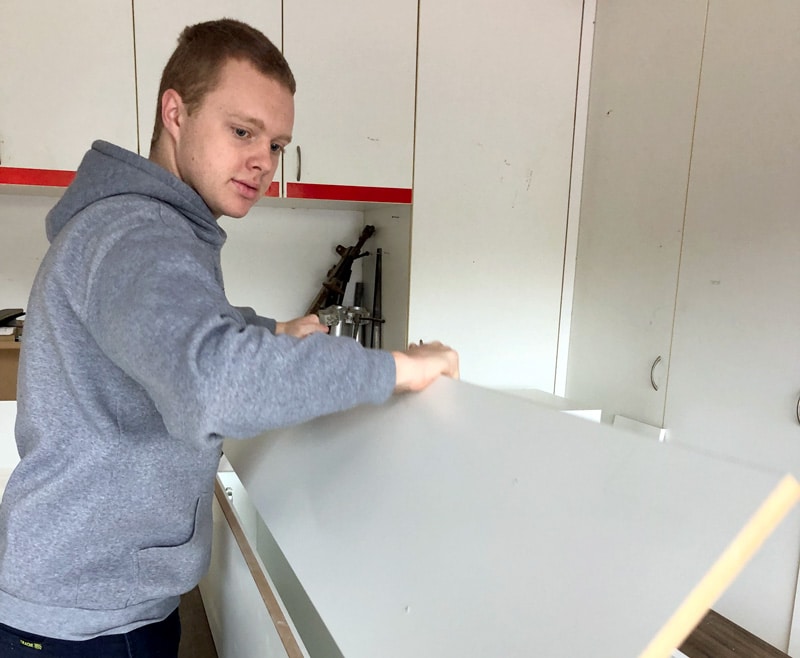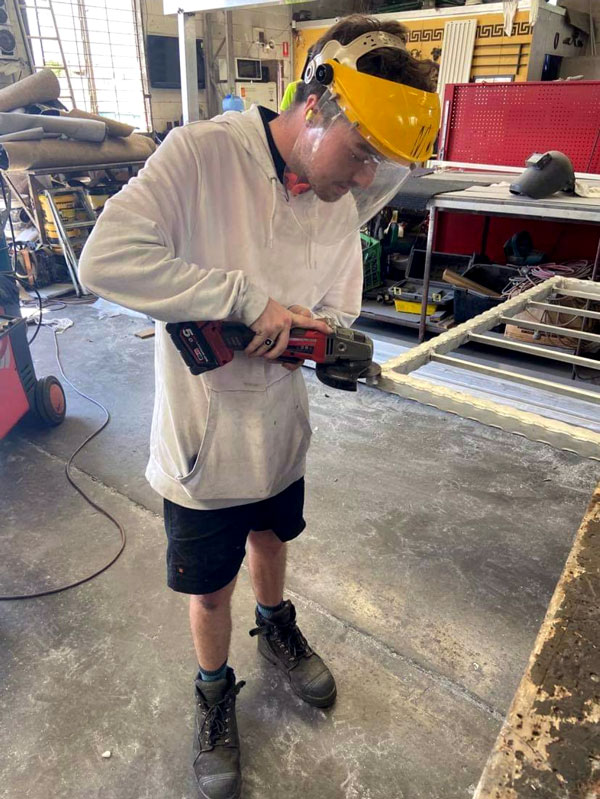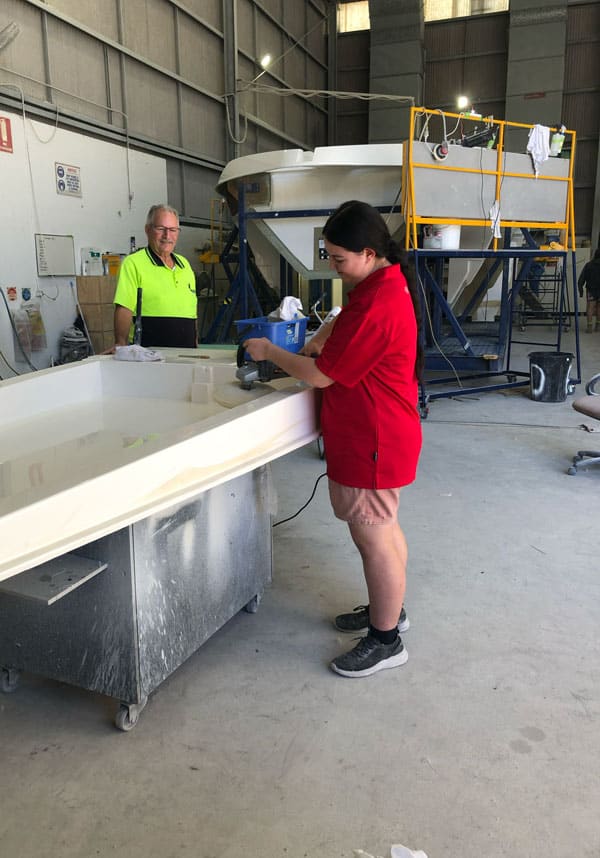Australia has done well in response to COVID-19, however, until a vaccine is developed, it will be a very long time before life can return to normal once again. In most cases, it may never be the same.
As COVID-19 restrictions start to ease around Australia, companies and organisations will need to prepare to reopen their businesses. But bringing your staff back to work is not as simple as flicking a switch. Each business has its own unique set of challenges to consider through this transition period – from reimagining hotdesking and meeting spaces to restarting bricks-and-mortar factories and retail locations, along with various to hygiene practices and management of staff interactions.
Developing a COVID-Safe policy and action plan
It is a necessity for businesses to be agile in response to safety requirements for staff and customers. Organisations should have a COVID-Safe plan in place, which covers risk management contingencies and seeks to ensure there are systems for maintaining effective hygiene, health monitoring, and cleaning.
A business may need to continue to scale-up and down depending on their local environments, and consider if staff contract the virus at work, how they manage this from workers compensation and workforce planning perspectives.
- Monitoring and maintaining proper social distancing guidelines.
- Establishing stringent cleaning and sanitation protocols for desks, meeting rooms, bathrooms, end-of-trip facilities and shared kitchen spaces.
- Ensuring your staff are provided with the facilities and personal protective equipment (PPE) to maintain personal hygiene, such as face masks, gloves, alcohol wipes, handwashing stations and hand sanitisers.
- Having a risk management process that factors in contact tracing, travel policy reviews and tracking of employee compliance with health regulations.
- Having a contingency plan should there be another spike in COVID-19 cases.

Providing flexible work arrangements
Some staff may have carer’s responsibilities, so this will require additional consideration by their employer. Hasty decisions could amount to discrimination claims, or again, adverse action. There could also be issues surrounding exposing staff to unnecessary risk through commuting.
Employers could look to introduce staggered start and finish times to avoid peak public transport times.
Some employers and staff may find that their output has increased through working remotely from home. This may be due to the ability to work during what would otherwise be commute times, fewer office distractions and interruptions, and staff may have a preferred working environment as they can control their surroundings.
If staff refuse to return to work over alleged unsafe conditions, especially if for some the workplace may still carry risk due to pre-existing disabilities or newly-developed disabilities, employers should carefully think through such refusals.
Consider the mental health and wellbeing of yourself and employees
Understanding the new situations your people face as a result of the COVID-19 pandemic should be taken just as seriously as business-related considerations. These include:
- Stress and anxiety for people who may not yet feel comfortable or safe returning to work.
- Alternative transport methods for staff who rely on public transport.
- Reviewing expectations around productivity as a result of frequent cleaning of workspaces, hand-washing breaks and other safety protocols.
- Ways to further support remote working for those who need it.
As part of a partnership with not-for-profit mindfulness tech business Smiling Mind, MYOB surveyed more than 1200 Aussie small business owners and operators. Two-thirds said they feel COVID-19 has affected their mental wellbeing, with 64% reporting feeling increased levels of stress and 62% saying they’re feeling more anxiety than usual.
Jane Martino, co-founder and chair of Smiling Mind, said in a statement, “Australian businesses are under immense pressure right now, and the confronting reality is that these COVID-19 related burdens are likely to remain for months, and potentially years, to come.”
More than half of those surveyed (55%) said COVID-19 has directly affected their mental wellbeing, while 51% highlighted finances as an issue, and 41% said lack of sleep is taking a toll.
At the same time, the lack of social interaction and the move to remote work is playing a part.
For a third of respondents, one of the biggest challenges posed by working from home is the struggle to separate themselves from their business.
Source:
- https://news.csu.edu.au/opinion/returning-to-work-after-covid-19-business-as-usual,-or-not
- https://www.pwc.com.au/important-problems/coronavirus-covid-19/returning-to-the-workplace-after-covid-19.html
- https://www.smartcompany.com.au/coronavirus/covid-19-mental-wellbeing-entrepreneurs/






























